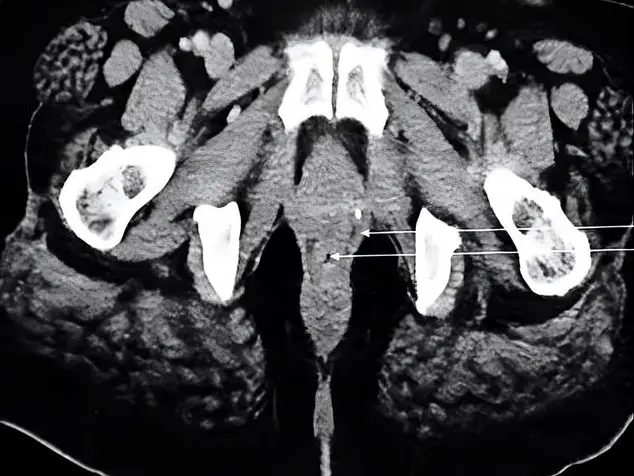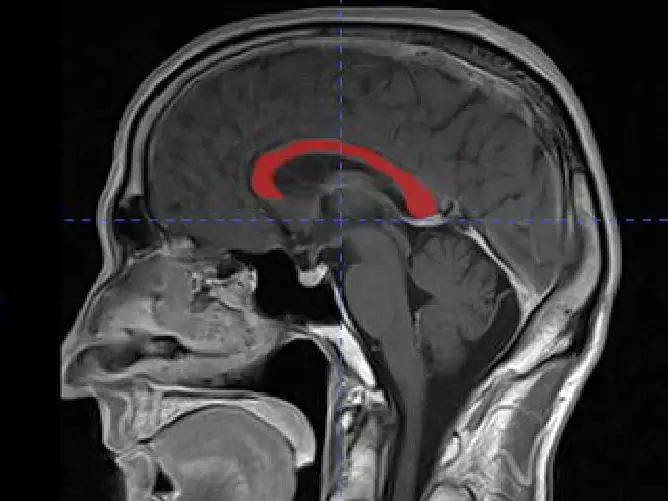Cadmium is a neurotoxin, carcinogen and a suspected agent in aetiology of Parkinson’s disease and Alzheimer’s disease (AD). Furthermore, upregulations of Caspase-3 and p53 were reported in brains of AD patients. This study evaluated the neuroprotective potentials of MO11 (isolated from Moringa oleifera leaves) and MS06 (isolated from Musa sapientum suckers) in Cadmium Chloride (CdCl)-induced neurotoxicity in the cerebrum of rats.
Twenty-eight adult male wistar rats (average weight of 155 g) were randomly divided into 7 groups (n = 4). Group 1 received physiological saline. Groups 2-4 and 7 received single 1.5 mg/Kg bodyweight of CdCl (i.p.) (Day 1). Groups 3-4 and 7 were post-treated with 15 mg/Kg bodyweight of MO11, 15 mg/Kg bodyweight of MO11 + 7 mg/Kg bodyweight of MSF1 and 3.35 mg/Kg bodyweight of Doxorubicin respectively (Days 1-17). Groups 5-6 received only MO11 and Vegetable Oil (vehicle) respectively (Days 1-17). Cerebral histopathology (Cresyl Fast Violet method) was evaluated in rats. ELISA evaluations of biomarkers of pro-inflammation (IL-1β, IL-6, IL-8 and NF-kB), anti-inflammation (IL-4 and IL-10), apoptosis (Caspase-3 and p53), proliferation (Ki67) and angiogenesis (sVEGFR) in cerebral homogenates of rats were also conducted.
Histopathological evaluations showed a high number of chromatolytic cells in Group 2, compared with Groups 1 and 3-7. Post-treatments of CdCl-induced neurotoxicity with MO11 and MS06 resulted in decreased levels of IL-1β, IL-6, IL-8, NF-kB, Caspase-3, Ki67, p53 and sVEGFR, but increased levels of IL-4 and IL-10 in Groups 3-4, compared with Group 2. Therefore, MO11 and MS06 possess neuroprotective, neuroregenerative, anti-AD, anti-inflammatory and anticancer potentials.



